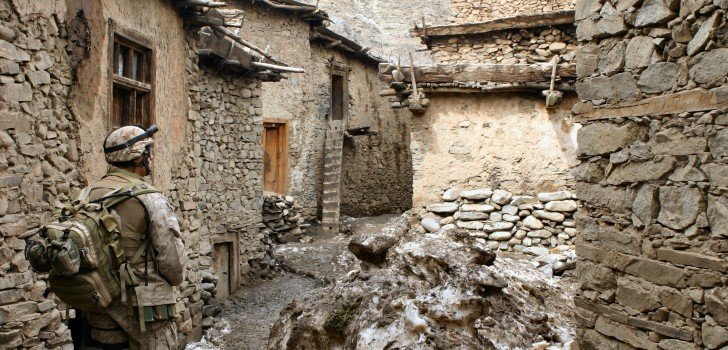Just before dawn this morning, Taliban militant fighters overpowered Afghan security forces in the city of Kunduz, thereafter taking control of all major government buildings, a hospital and a prison. Security officials were stunned as Taliban insurgents attacked the city from four directions. The fall of Kunduz is a critical loss for Afghanistan and its Western-supported government, as gaining control of the city means that the Taliban now has an important operations base outside of their strongholds in the southern region of Afghanistan.
Afghan officials reported that military forces withdrew from the city so as to avoid civilian casualties. They stress that they are planning a counteroffensive attack to regain the city as soon as possible. Deputy interior minister, Ayoub Salangi stated that, “We are prepared and measures have been taken to recapture the city.”
A member of the provincial council, Amruddin Wali, observed that, “The defense line for government is now near the airport. The Taliban have taken key government buildings such as the police and intelligence headquarters and burned down some of them.”
The Taliban assault on Kunduz if the first of its kind. Mostly known for isolated strikes and suicide bombers, the latest attack showed that a large, coordinated group of Taliban fighters can effectively work together to penetrate into the heart of a major Afghan city.
The well-executed attack also came as a surprise since the group has suffered internal power struggles resulting from the recent death of its leader, Mohammad Omar.
Retired Afghan general and military analyst, Attiqullah Amarkhail pointed out that the attack “will have a lot of impact on morale on all sides. Government forces may lose morale while opposition forces’ morale will be boosted as they can now say they can capture cities.”
Amarkhail also noted, however, that it is unlikely that the attack means “the fall of the entire north or the fall of the government.”
Stay Connected